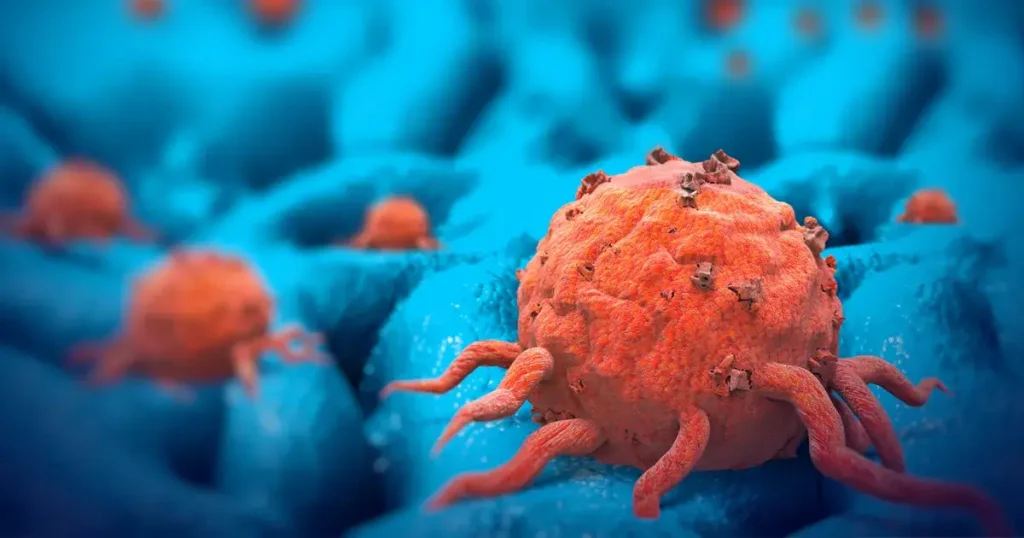New Research Reveals a Cunning Strategy That Could Change How We Fight Cancer
The Discovery: Cellular Theft in Action
Picture this: cancer cells acting like cellular thieves, sneaking up on nerve cells and making off with their most valuable possessions. It sounds like science fiction, but new research reveals this is exactly what’s happening in our bodies—and it’s helping tumors spread more aggressively than ever before.
Scientists have discovered that cancer cells can literally steal mitochondria (the tiny powerhouses that fuel our cells) directly from nearby nerve cells. Think of mitochondria as cellular batteries—they’re what keep our cells running smoothly. When cancer cells swipe these energy factories from neurons, they’re essentially giving themselves a turbo boost that makes them better at spreading throughout the body.

How the Theft Works
The Energy Heist
Cancer cells that receive mitochondria from neurons have enhanced metastatic capabilities. It’s like the cancer cells are upgrading their engines mid-race, allowing them to travel faster and farther than they could on their own steam.
The Transfer Process
The process works through direct transfer—cancer cells and nerve cells get cozy with each other, and somehow the cancer manages to pull mitochondria right out of the neurons and into itself. The theft probably helps the cells to spread around the body, which explains why tumors near nerve-rich areas can be particularly aggressive.
The Dependency Effect
What’s really intriguing is what happens when you cut off this mitochondrial supply chain. Cancer cells that have lost their nerve connection suffer from impaired metabolism, suggesting they become dependent on this stolen energy. It’s like catching a thief red-handed—take away their stolen goods, and they struggle to function.
Treatment Implications
A New Target for Therapy
This isn’t just academic curiosity. Researchers are already thinking about how to turn this discovery into treatments. If we can find ways to block cancer cells from stealing mitochondria from nerves, we might be able to slow down or even stop tumor spread. It’s like installing better security systems to prevent the theft in the first place.
Beyond Traditional Approaches
The implications go beyond just understanding how cancer spreads. This research opens up entirely new avenues for treatment that focus on disrupting the communication between cancer cells and the healthy cells around them. Instead of just attacking the tumor directly, we could potentially cut off its power supply.
The Big Picture
This breakthrough reveals cancer’s cunning ability to hijack our body’s own cellular machinery for its benefit. By stealing mitochondria from nerve cells, tumors essentially upgrade their spreading capabilities, turning a biological process meant to help healthy cells into a weapon for metastasis. The silver lining? Understanding this cellular theft gives us a new target for treatment—and potentially a way to leave cancer cells powerless and unable to spread.